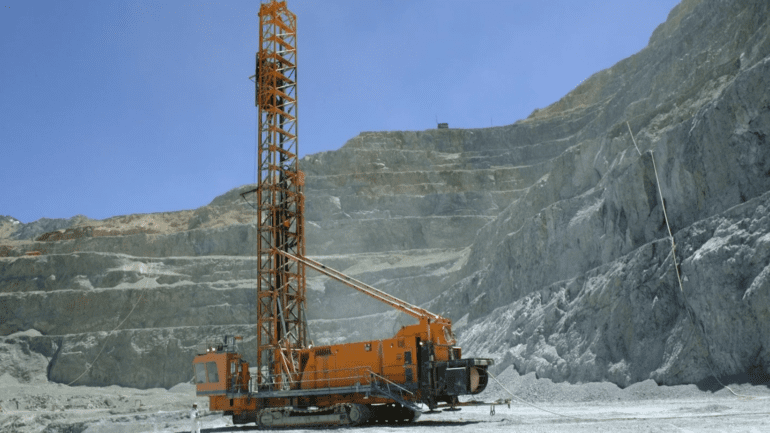TL;DR:
- Singapore start-up Atomionics deploys Gravio, a “virtual drill” tech using gravity and AI for mineral exploration.
- Contracts signed with three major mining companies, enhancing ore body detection.
- Backed by Singaporean government agencies and strategic investors, including Open AI co-founder Pamela Vagata and climate tech executive Mikhail Zeldovich.
- Gravio’s precision surpasses air-based survey methods and accelerates more body definition with real-time AI data processing.
- Potential cost reduction in mineral exploration, cutting drilling expenses, and minimizing “empty” samples.
Main AI News:
Singapore-based start-up Atomionics is leading the charge in the quest for critical minerals by harnessing the power of gravity and artificial intelligence. With the first-ever commercial deployment of their groundbreaking technology, Atomionics is set to transform the mineral exploration landscape, offering potential cost reductions and accelerated project timelines that are crucial to the ongoing energy transition.
Atomionics has inked agreements with three prominent mining companies, each on the brink of completing their installations of the cutting-edge “virtual drill” technology known as Gravio. While CEO Sahil Tapiawala has refrained from disclosing the identities of these firms due to commercial confidentiality, their commitment to Atomionics’ innovative solution speaks volumes.
This privately held enterprise enjoys substantial backing from various Singapore-based government agencies and strategic investors, including luminaries such as Pamela Vagata, co-founder of Open AI, and Mikhail Zeldovich, a notable figure in climate tech affiliated with Trafigura.
Atomionics’ methodology leverages gravity signatures unique to different minerals, enabling precise subterranean mineral detection. Their approach outperforms traditional air-based survey techniques, seamlessly processing data in real-time through the implementation of artificial intelligence. This efficiency translates into a significant acceleration in the identification of ore deposits.
The conventional process of drilling a single hole in pursuit of a mineral can be exorbitantly expensive, ranging from A$10,000 to A$50,000. Consider that a lithium miner may require up to 400 boreholes to confirm the existence of a resource, and the potential cost savings become evident. Atomionics’ innovative solution facilitates the creation of a highly accurate virtual representation of the subsurface terrain, drastically reducing the necessity for physical drilling.
Sahil Tapiawala underlines a central challenge faced by the industry: the unreliability of drill holes, which occasionally miss the intended mineral reserves. Atomionics aspires to mitigate this issue by cutting the occurrence of “empty” samples by at least fifty percent.
Conclusion:
Atomionics’ innovative Gravio technology marks a significant advancement in the mineral exploration sector. By combining gravity and AI, it promises to enhance precision, reduce costs, and accelerate project timelines. This development signifies a potential transformation in the market, making mineral exploration more efficient and cost-effective, ultimately benefiting the energy transition and resource development industries.

